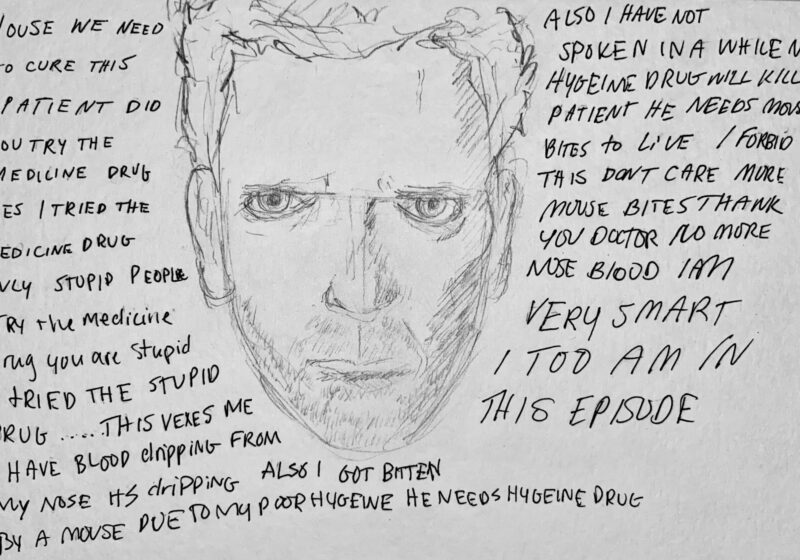The same day UR filed a $26.4 million lawsuit with the Internal Revenue Service, calling for a return of payroll taxes paid by medical residents and UR between 1998 and 2004, the IRS announced a reversal in policy. The IRS said on March 2 that it would exempt medical residents from taxes up until 2005 and begin discussion for refunds during the next three months a decision that means the UR Medical Center should see the return of funds, although the exact amount is undecided.
In the meantime, UR’s lawsuit remains filed at the U.S. District Court in Rochester. If granted, half of the refund will be returned to the residents. In the seven-year period, Associate Vice President of URMC Public Relations and Communications Teri D’Agostino said residents paid a total of about $14 million. Residents’ annual stipends can range from $45,000 to $55,000 at UR.
‘The University is awaiting details on the IRS refund process,” D’Agostino said. ‘Assuming the process is taxpayer-friendly as we expect it to be, we will probably suspend or dismiss the lawsuit and pursue refunds through the IRS process.”
The American Association of Medical Colleges and, of late, U.S. courts classify residents who serve at teaching hospitals such as Strong Memorial Hospital as students, and therefore eligible for the student exception under the Federal Insurance Contributions Act (FICA).
UR decided it would challenge the IRS last fall, and it had planned to file the suit on March 1 but was delayed an extra day. D’Agostino said it was a pleasant coincidence that the IRS issued its ruling at the same time.
In the face of dozens of ongoing lawsuits, the IRS agreed that residents were withheld money up until April 1, 2005, when the IRS reclassified students working over 40 hours as full-time employees. Current residents pay FICA taxes, which help fund Social Security and Medicare, regardless of their educational setting.
‘Even before the IRS made its announcement, the Department of Justice was negotiating settlements based upon a percentage of the total FICA tax paid by an academic medical center and its respective residents,” D’Agostino said. ‘Now, with the IRS announcement, we expect the settlement amounts to be very close to the entire tax paid.”
However, the debate of whether residents should currently pay payroll taxes remains.
Last year, an appeals court sided with the IRS in a case that challenged the IRS’ 2005 revision overriding the student exception effectively reversing two lower courts’ decisions. The plaintiffs, the Mayo Clinic and University of Minnesota, are now requesting that the U.S. Supreme Court considers the case.
Leber is a member of the class of 2011.





